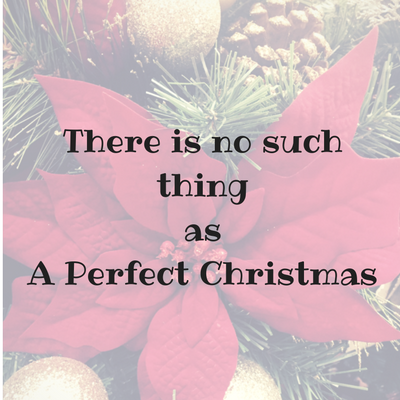New Year, new hope, hooray!
But first we have to put away Christmas. Not the sentiment of the holiday- we need all the peace on earth we can get right now- but the decorations. Cleaning up is one thing about Christmas I don’t like (add it to the “extra work” category), but this year I purchased ornament storage containers, so I’m hoping the excitement of organizing our ornaments into neatly arranged compartments will carry me through the less thrilling tasks, like lugging our nine foot tree back down to the basement.
And then, there are the Christmas cards. Every year, I hang the cards we receive around the entrance to our dining room, and the smiles and holiday illustrations bring me joy. They are the last decorations I take down, and even then I’m not done with them. I like to do a few things with my Christmas cards to help me carry the joy and hope of the season into the New Year. Maybe these ideas will be helpful to you too.
Send cards to anyone you missed
Life happens. Sometimes you get cards from people you haven’t heard from in a while. Sometimes things like health issues and family emergencies prevent you from mailing your cards in time. No worries. Christmas is a season, not a day, and we all need to strive to connect with the people we care about in this COVID dominated, politically polarized world. So, if there is someone that you missed or feel compelled to reach out to, send that card. It’s not too late.
Use Christmas cards as reminders
In her Christmas letter this year, my mom’s cousin shared that she kept all of the Christmas cards she received last year. Each week during 2020, she pulled some out and reread them and prayed for the family or person who sent her the card. What a wonderful way to remember the people we care about, not just in December, but throughout the year. I’m stealing this idea for 2021. If you aren’t religious, you could send a quick note to the person who sent you the card. (If you are religious, you could pray AND send a note!) A handwritten note is a beautiful, thoughtful way to show concern and build connection.
Reuse and recycle
A few years ago, my environmentally mindful sister-in-law told me she cuts up Christmas cards she receives to use as gift tags the following year. I loved this idea and stole it as well. In 2021, I will read a card or two a week, pray for the people who sent them, and then use what I can from the cards to make gift tags.
How do you carry the holiday spirit forward, and what do you like to do with your cards?
Thanks for sharing, and Happy New Year! Here’s to a great 2021!













